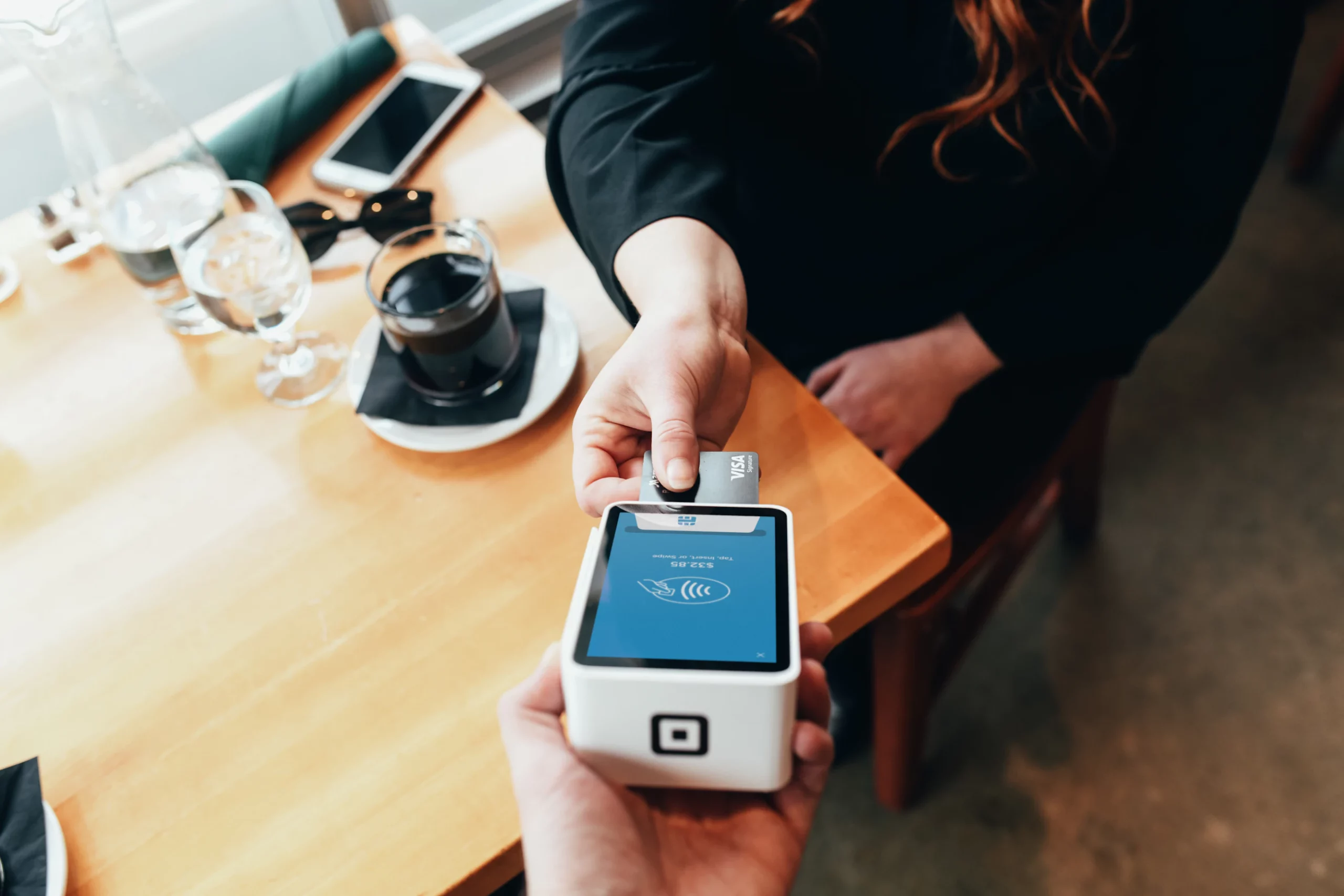
BHN editor George Sell looks at five industry trends which will make waves in the boutique and lifestyle hotel space in 2017.
• Going solo
One of the biggest recent changes in travel is the increase in the number of solo travellers. The ABTA Consumer Service Report 2015 on holiday habits reported that nearly one in six people – 15 per cent of the population – have travelled alone, and this number is rising, particularly in a number of key demographics. Female travellers are increasingly striking out alone, aided by technology such as the Tourlina app which enables likeminded women to meet up and share experiences on their adventures.
And older travellers are causing the biggest surge in solo travel demand. Holiday companies such as including Cox & Kings, Caribtours and Journey Latin America are offering incentives to attract people who are single, divorced or widowed, such as dedicated holidays for people travelling alone and, increasingly, the scrapping of single supplements. Operator 101 holidays said: “Our research showed that the average age of a solo traveller is now 54, and this is predicted to rise in future years. Not everyone holidaying alone is single, with more women leaving husbands and partners at home as they tick items off their bucket lists. The new figures also reflect changing UK demographics with a growing population that is older, healthier and wealthier.”
Another growing phenomenon is the ‘grown up gap year‘ – people putting successful careers on hold for a year to travel and recharge their batteries. Starwood’s Aloft brand has cottoned on to this trend and now offers special rates for gap year travellers. “We always say that Aloft Hotels doesn’t appeal to one demographic, it appeals to those of a similar psychographic- those early adopter, perpetually curious travelers who want something different,” said Paige Francis, vice president of global marketing at Aloft Hotels. “These travellers are the ones taking time off to find themselves or in some cases, lose themselves in local cultures and experiences. They love staying with us on these journeys, and fortunately, because of our impressive footprint, Gap Year travellers can find us just about everywhere.”
• Giving something back
Many travellers are increasingly uncomfortable with conspicuous excess and displays of luxury in poorer destinations, and there is a growing number of options for people who want adventurous travel with a conscience. Around 10 million people spend their holidays volunteering in a foreign country every year. These ‘voluntourists‘ work for one to four weeks in orphanages, or women empowerment projects in slums, or teach in underprivileged communities.
An industry has even grown up around volunteering cruises, while other hospitality brands are enabling socially conscious travellers to give back in seamless hi-tech ways. Tapping into the ‘kindness economy’, US-based website Kind Traveler offers individuals the opportunity to make charitable donations in exchange for exclusive rates and packages with a growing range of luxury and boutique hotels. Travellers need to log onto the Kind Traveler website and make a donation to one of 10 causes, which include animal welfare, disaster relief and human rights. After completing their donation – which start at as little as $10 – they are eligible for generous discounts at a variety of smart US hotels, including 1 Hotel South Beach in Miami and The Benjamin in New York. “Kind Traveler’s mission is to transform travelers into a force that benefits local and global communities, the environment and animals,” said Jessica Blotter, chief executive co-founder of the site.
• Overcoming choice paralysis
The sheer volume of lodging and travel offers online is simply overwhelming for many, and a new generation of websites and apps is setting out to make the decision process better and quicker. 2017 will see the rise of alternative search engines, which allow users to search according to mood, budget and even chance, breaking free from ‘filter bubbles’.
New search engine Flykt says: “Tell us what you love and your budget – we’ll find you the perfect destination! Enjoy the journey!” Flykt combines “expert knowledge with an understanding of your profile and wishes (budget, interests and schedule) to find and suggest choices that would work best for you. Flykt’s technology merges data mining, user profiling, machine learning, text and sentiment analysis with live access to a wide range of flights and hotels so each result is customized specially for you”
Lucky Trip offers a similarly fresh approach, introducing an element of chance while taking away what it calls “hours of planning”. In this app, users simply enter their budget and click a button to get suggestions for their next trip. Behind the scenes, this radical approach has slightly more conventional partners such as Booking.com and Skyscanner to provide content.
The aforementioned Tourlina app is one of several which uses Tinder-style swipe technology – a feature that will become increasingly common on travel and hospitality apps in 2017.
• Experiential goes mainstream
In a recent presentation on the future of travel, Mandy Saven of Stylus.com said of the millennial traveller: “Experience supercedes possessions – the more instagrammable the experience, the better it is for building up our cultural capital.”
2017 will be the year when added experiences for hotel guests become a necessity rather than a luxury. Boutique hotels have always been good at this, their scale allowing them to offer personalised activities, often with a distinctly local flavour. Fishing, foraging, hiking, watersports, cookery, painting and more are becoming pillars if many hotels offers’ and are an effective way of generationg guest memoriesd which will hopefully have them coming back for more and advocation your property to friends and family.
But this year the experiential movement is going mainstream, with Airbnb getting in on the act with the launch of its Trips and Experiences offers. Trips enables guests to book “immersive” travel experiences, aiming to bring together “where you stay, what you do and the people you meet all in one place”. The tours and experiences, which can be multi-day activities or one-off events such as concerts, are all hosted by locals. Tours can be tailored to a traveller’s interests, including food, fashion, music, sport and history.
Airbnb has already teamed up with one hotel group to offer exclusive experiences – Châteaux & Hôtels Collection has created four gourmet experiences, overseen by French super-chef Alain Ducasse and exclusive to Airbnb, that will be offered to travellers. Trips represents a great opportunity to offer their own particular experiential offer to a huge previously untapped audience.
• An army marches on its stomach
“Food and beverage is the number one priority in terms of every type of trip planned,” says Judy Stein, co-president of US tour operator Ovation.
Although F&B has always been an important element of travel and hospitality, a whole industry is springing up around marketing and promoting local food to visitors. Erik Wolf, of World Food Travel says: “For the UN, the unique food of many destinations is regarded as an intangible cultural asset, unlike tangible cultural assets we already know, like a building or painting. It might not always be easy to explain how a dish like Irish Stew has evolved since its creation, hence its intangibility. So far only Armenia and Mexico have had portions of their cuisine certified as an intangible cultural asset by UNESCO. More nations have applications pending. While UNESCO approval is the holy grail of culinary culture preservation, many areas are taking other steps to protect their food cultures. Consider the Southern Food & Beverage Museum in New Orleans, Louisiana; the Cork Butter Museum in Ireland; or the Guinness Storehouse factory and museum, also in Ireland.”
Happily for boutique hotels at the luxury end of the scale, 2017 is set to see a significant drift back to more formal dining for special occasions – perhaps as a backlash against the informal trend which may have reached its ultimate conclusion in ‘naked dining’ and ‘dining in the dark’ establishments.
Travel writer Peter Lindberg is seeing a return to fine dining after years of ‘casualization’, saying: “There’s a certain specialness that’s coming back.” This also manifests itself in the storied hotel bar, which has seen a renaissance alongside the continued rise of cocktail culture. “The hotel bar is the pinnacle of our industry,” says Charlotte Voisey, director of brand advocacy and portfolio Mixologist for William Grant & Sons. “There is a sense of occasion about them, which inspires the new generation.”
Social media is a great way for hotels to publicise temporary F&B activities which can attract new guests, such as ‘food jams’ – hosted social gatherings where friends and strangers come together to prepare meals – and and pop-up restaurants, street food outlets or cocktail bars.
What do you think will be the major trends in our industry for 2017? Email george@boutiquehotelnews.com and let us know.








